SIGN THE PETITION
Join Species Unite in urging Kenya’s government to implement an immediate and permanent ban on the donkey skin trade.
UPDATE (02/18/24): VICTORY! The African Union has banned the Donkey skin trade. The ban will make it illegal to slaughter donkeys for their skins throughout all of Africa and will end the killing of hundreds of thousands of donkeys in Kenya!
Millions of donkeys are slaughtered for their skins and exported every year to meet the demand for ejiao - a gelatin-based ingredient, made from boiling the hides of donkeys, and used in cosmetics, candy, and traditional Chinese medicine.
Around 4.8 million donkey hides are required to satisfy the global demand for ejiao, resulting in steep declines of donkey populations around the world.
Investigations have uncovered rampant abuse surrounding the donkey skin industry. The gentle creatures are loaded into cramped vehicles with no food or water. Many are sick or injured, and pregnant jennies often abort their fetuses during the grueling trip to the slaughterhouse. Those who do not starve or succumb to dehydration during the journey are killed via brutal methods, such as being bashed in the head with sledgehammers, violently beaten - some are even skinned alive.
In 2020, Kenya announced a ban on the slaughter of donkeys - but, in a tragic turn of events, this was overturned just a few months later. Kenya’s abattoirs are responsible for slaughtering hundreds of thousands of donkeys to help produce ejiao, and over the last four years, the donkey population has declined by over 66% from 1.8 million to less than 600,000. Experts are concerned that donkeys will be “wiped out from the face of Kenya within the next two years”. What’s more, there are almost no laws against animal cruelty on farms or in slaughterhouses in Kenya, meaning the animals caught in the ejiao industry are subjected to cruel conditions and violent killing methods.

SPEAK OUT AGAINST THE CRUELTY:
Pioneering animal advocate, lover of vegan fashion, and thought leader, Elizabeth Novogratz, was called at an early age to devote her life to elevating all animal life after witnessing inhumane animal agriculture and trade in the U.S. and abroad. After a decade of brave travel into places most of us could not, she founded Species Unite: a nonprofit that brings the brightest people and best non-animal products together on one curated media platform. Their popular podcast uncovers the latest in “future food” (cultivated meat), vegan fashion, and plant-forward meals. What we think, wear, and eat matters, now more than ever. Join Species Unite to live in line with your animal-loving values at: www.speciesunite.com
© Species Unite 2023






